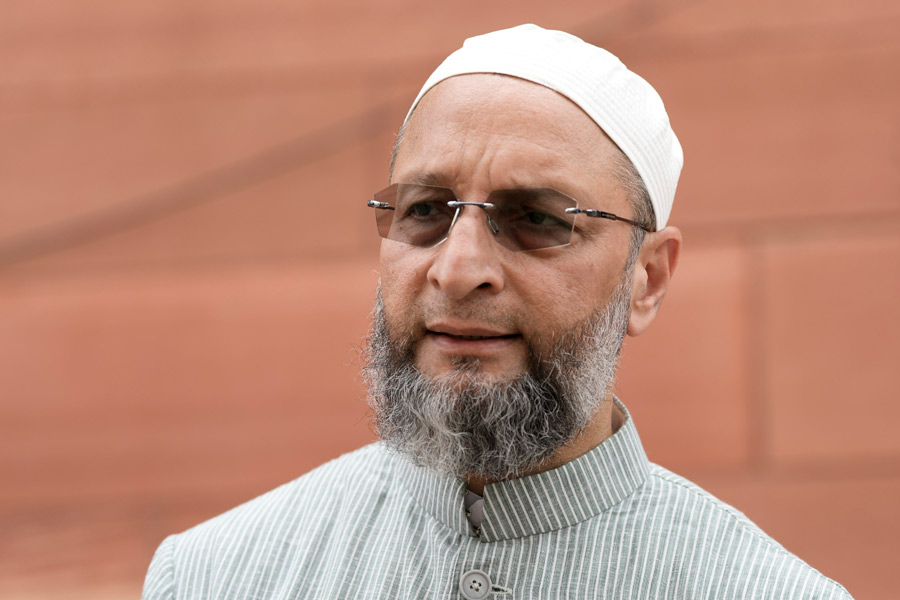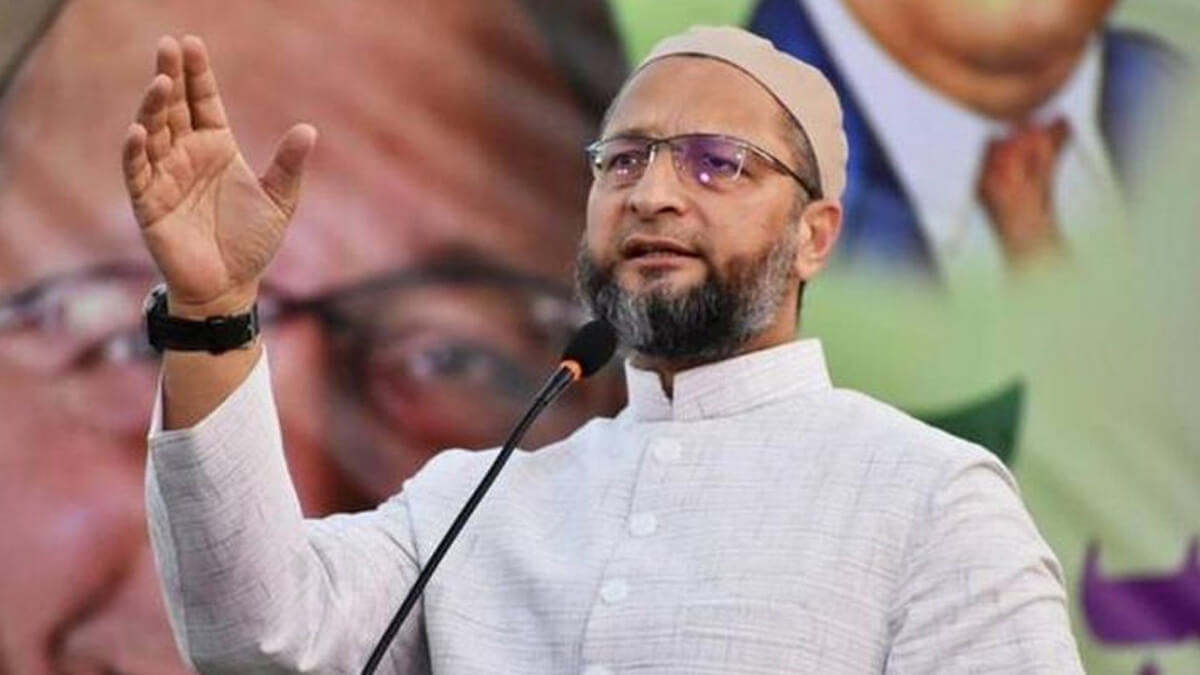Hydroxychloroquine failed to prevent Covid-19, finds major randomised clinical trial
Thu 04 Jun 2020, 15:54:32
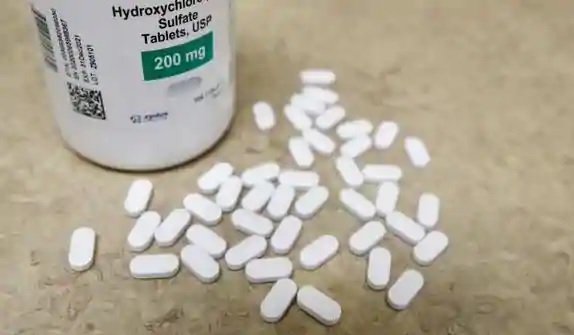
Anti-malarial drug hydroxychloroquine failed to prevent healthy people, who were exposed to the novel coronavirus, from getting the infection, according to a study published in the New England Journal of Medicine on Wednesday. It was the first major randomised clinical trial looking at whether the medication might be useful as a prophylactic.
The findings came on the same day the World Health Organization said that it will resume clinical trials of the drug. Last week, the global body had decided to temporarily halt its use citing safety concerns.
The investigation was directed by the University of Minnesota Medical School. The scientists enlisted more than 800 grown-ups in the United States and Canada who were presented to somebody with Covid-19. While a portion of the members were approached to take pills of hydroxychloroquine for five days, others were given a fake treatment – for this situation, a nutrient, revealed The Washington Post. Toward the finish of a fourteen day time frame, about 12% of those given hydroxychloroquine detailed manifestations. It was no superior to the fake treatment – about 14% of the members who were approached to take the nutrient pill announced indications.
"Our goal was to respond to the subject of whether hydroxychloroquine attempted to forestall ailment or didn't work," Dr David Boulware, the lead scientist and an irresistible ailments doctor at the University of Minnesota, said in an announcement. He included the group was "baffled this didn't forestall Covid-19".
However, 40% of the participants who took the drug developed side effects like nausea, upset stomach and diarrhoea. But the researchers did not find that the drug led to serious heart problems – a concern that had earlier
forced WHO to suspend the clinical trials of the drug. The decision to ban the anti-malarial drug was taken based on a study in medical journal The Lancet, published on May 22. The study had said that hydroxychloroquine could increase patient mortality rate in hospitals. The study also found that those administered the drug showed a higher frequency of arrhythmia, or irregular heartbeat.
forced WHO to suspend the clinical trials of the drug. The decision to ban the anti-malarial drug was taken based on a study in medical journal The Lancet, published on May 22. The study had said that hydroxychloroquine could increase patient mortality rate in hospitals. The study also found that those administered the drug showed a higher frequency of arrhythmia, or irregular heartbeat.
Use of hydroxychloroquine to prevent and treat Covid-19 has been a focus of public attention. India has been using the drug extensively and has also exported it to many foreign countries, including the United States. On May 22, the Ministry of Health and Family Welfare revised its advisory on the use of hydroxychloroquine as a prophylactic against the coronavirus. The ministry’s decision came after the National Task Force, constituted by the Indian Council of Medical Research, reviewed and recommended the use of the drug for coronavirus patients.
United States President Donald Trump has also promoted the drug despite the absence of evidence to prove its effectiveness and last month said he was taking it himself in hopes of preventing the infection. In April, he lauded Indian Prime Minister Narendra Modi’s decision to supply the drug to the United States.
As of now, there’s no evidence that any drug effectively works to reduce the mortality among Covid-19 patients, WHO officials said on Wednesday.
“This study doesn’t tell me for sure that this strategy doesn’t work,” said Dr Daniel Culver, a pulmonary and critical care expert at the Cleveland Clinic who was not involved with the research. “It just makes me lean in that direction.” However, Culver said he would continue to encourage people to conduct more clinical trials.
No Comments For This Post, Be first to write a Comment.
Most viewed from Coronavirus Updates
Most viewed from Health
AIMIM News
Owaisi hails SC order on Places of Worship Act
Dec 13, 2024
AAP Corporator Tahir Hussain joins AIMIM party
Dec 11, 2024
BJP-SP two sides of same coin: Asaduddin Owaisi
Nov 19, 2024
Latest Urdu News
Most Viewed
May 26, 2020
Do you think AAP will perform better in Delhi polls without alliance?
Latest Videos View All
Like Us
Home
About Us
Advertise With Us
All Polls
Epaper Archives
Privacy Policy
Contact Us
Download Etemaad App
© 2024 Etemaad Daily News, All Rights Reserved.

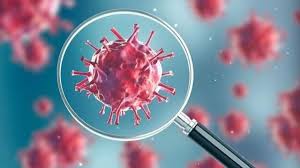
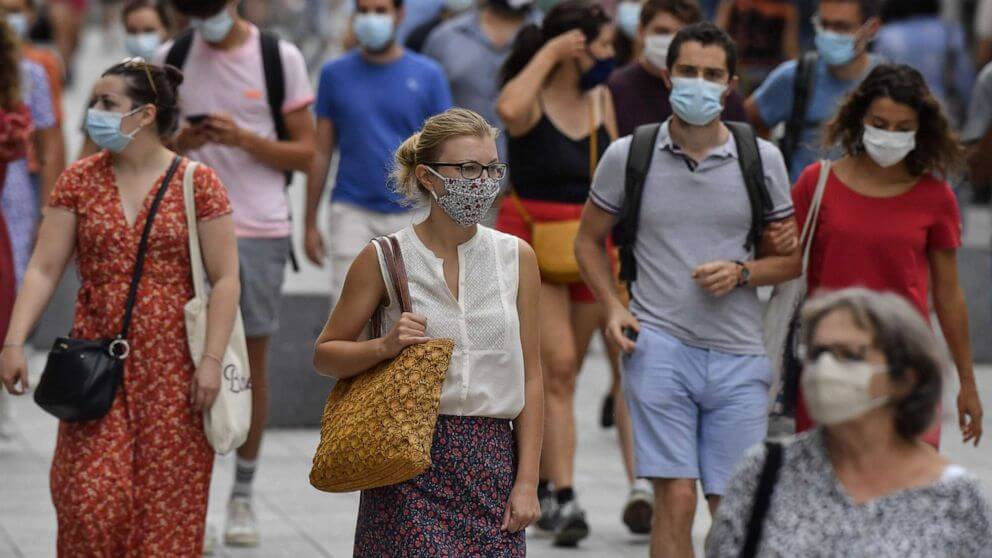

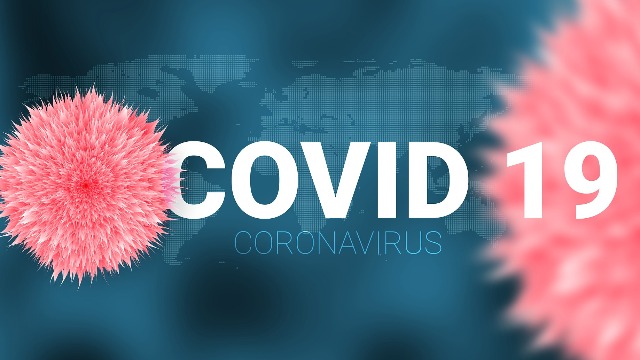
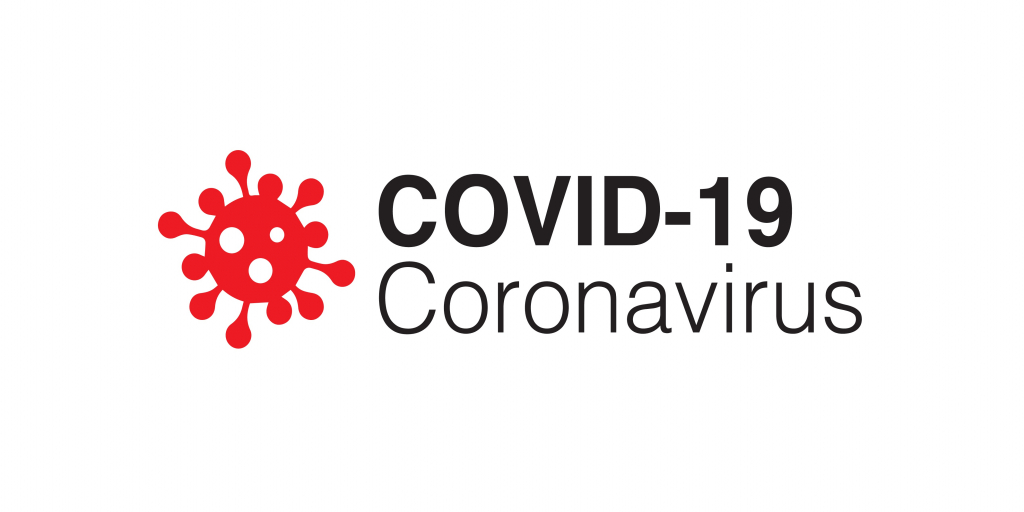
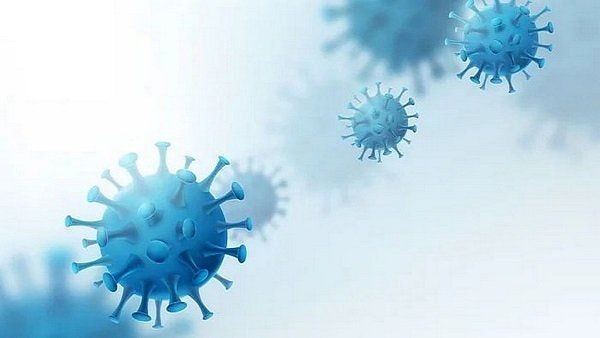
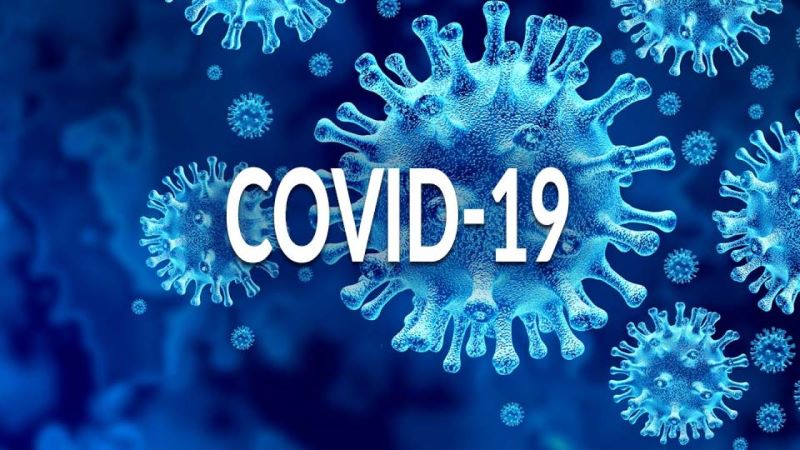
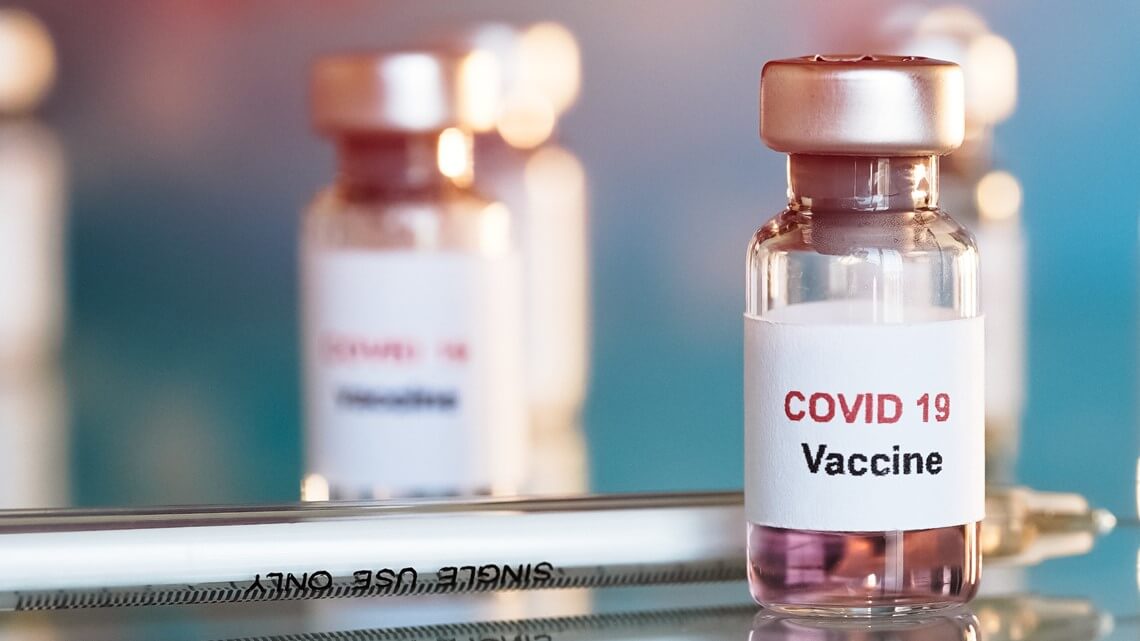

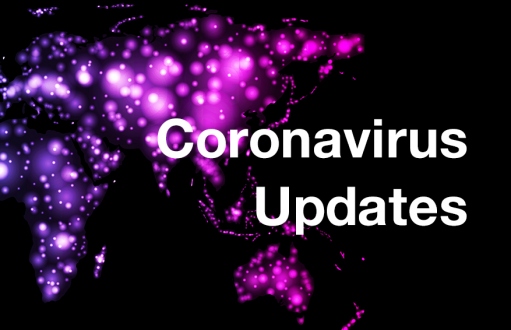
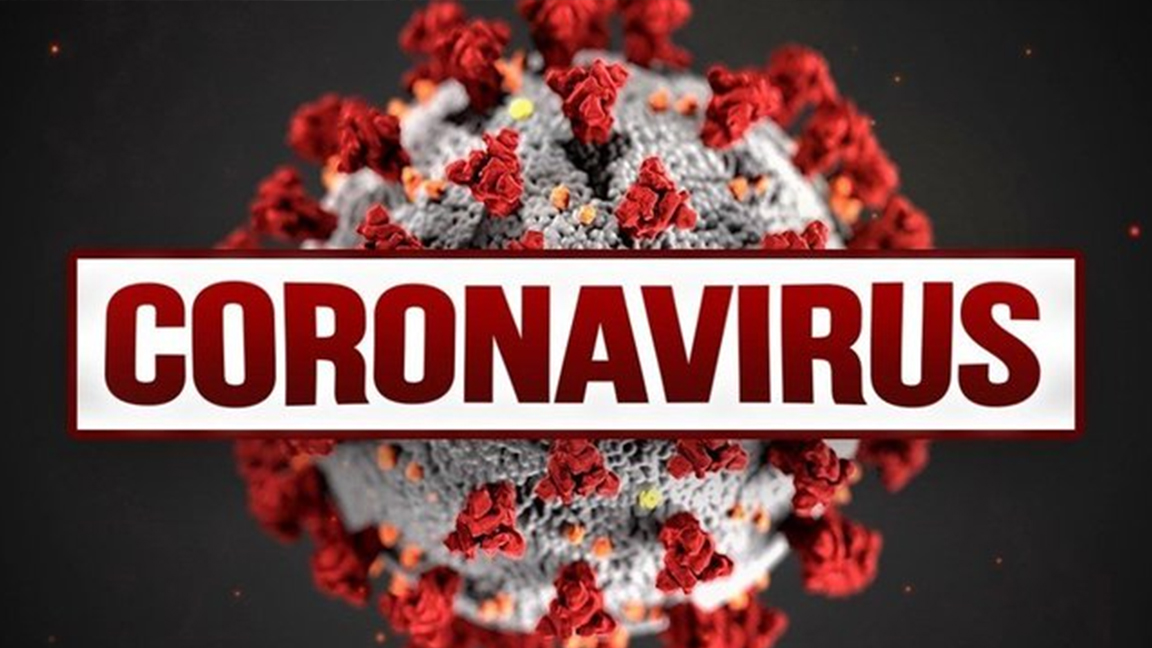


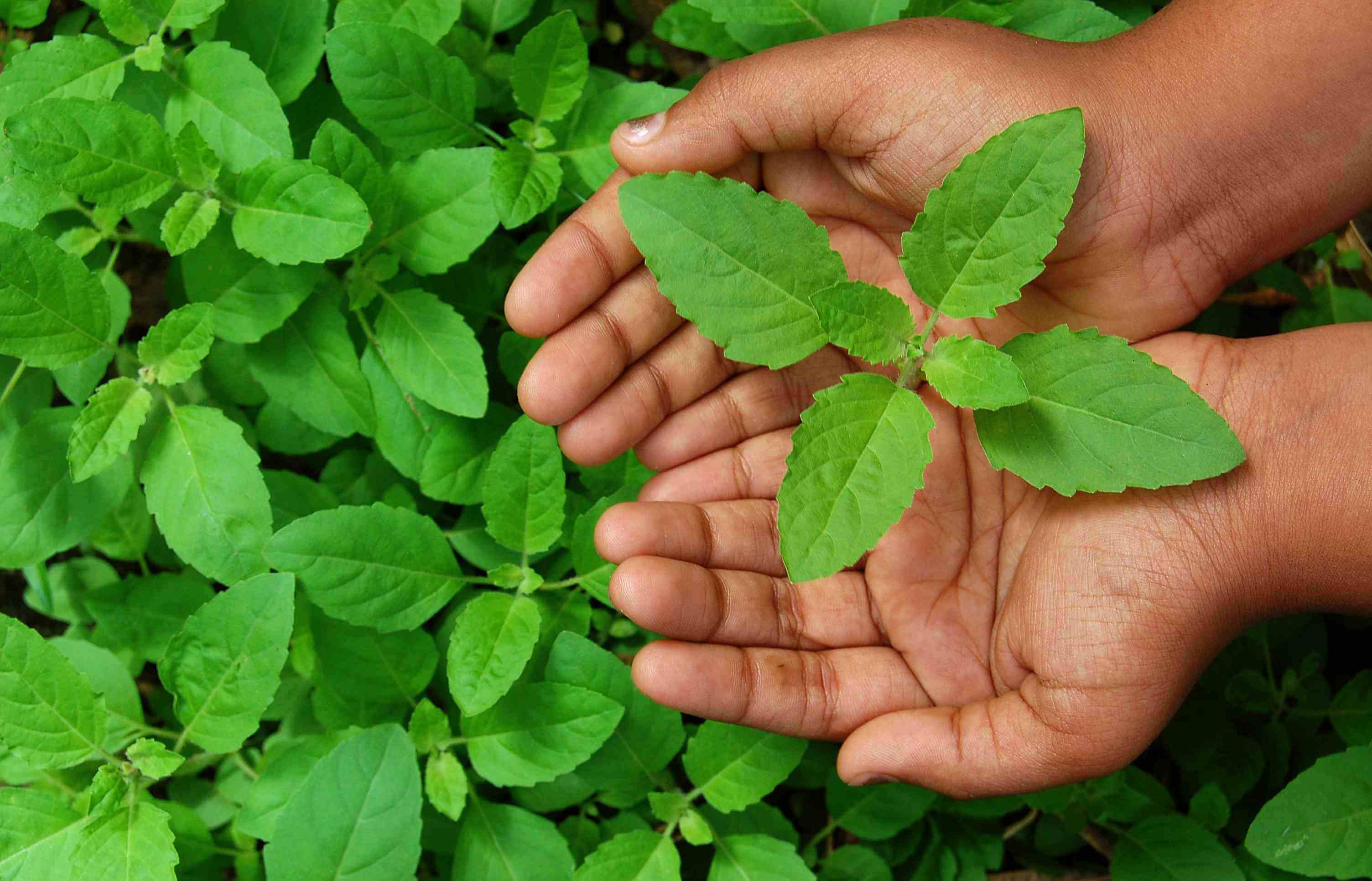
.jpg)



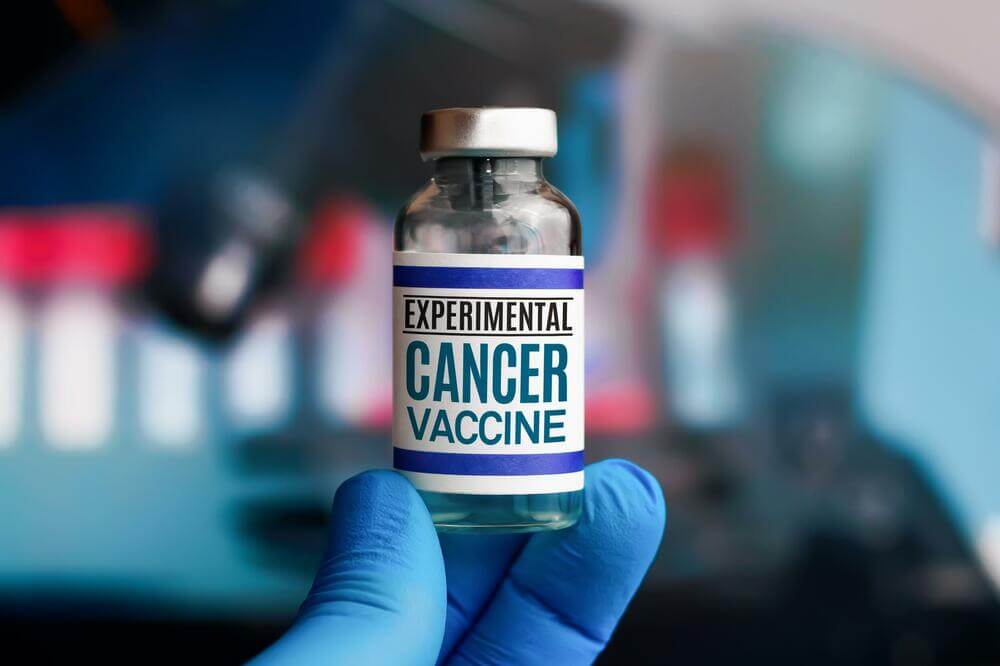
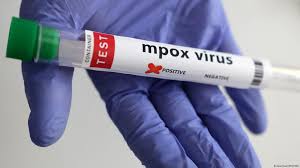
.jpg)










